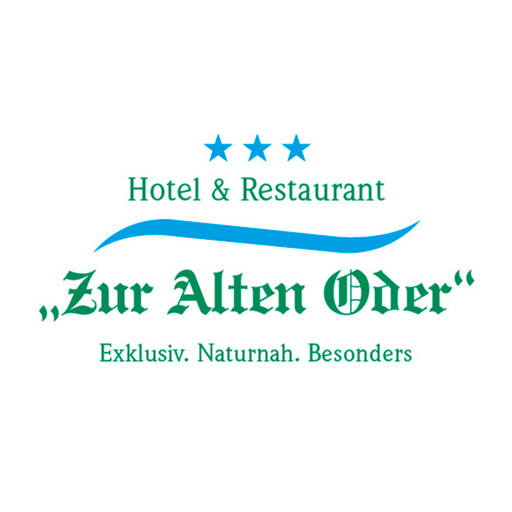The university was founded in July 1991 and in October 1992 in its first academic year. The founding rector of the university was Knut Ipsen (1991–1993). From 1993 to 1999 rector Hans Weiler, until 1999 President Gesine Schwan increased the office.
In 2004, the university gained notoriety when its president, Gesine Schwan, was nominated as a candidate for the office of federal president by the SPD and Bündnis 90/Die Grünen.
In the summer semester of 2006, the celebrations for the 500th anniversary of the university were examined at the Viadrina, the reference to the university that was closed in 1811, the alma mater Viadrina, which was and the 15th birthday of the university founded in 1991.
Locations
Most of Viadrina's buildings and dormitories are located in the heart of the city, right on the river and near the border bridge. In addition to the five halls of residence in the city itself, Viadrina students have the opportunity to move into halls of residence in the neighboring Polish town of Słubice. The student halls of residence in Frankfurt/Oder are directly connected to the university by the tram system.
The university library, seminar rooms and the offices of the President, many chairs and large parts of the university administration are located in the former government building in the city centre, which is over a hundred years old.
The university library was built like a terrace in the inner courtyard of the main building. The library's conventional media inventory comprises around 523,000 volumes and almost 1,200 current journals. Furthermore, it offers 408 user workstations. The library has the status of a European documentation center and is a member of the Cooperative Library Network Berlin-Brandenburg (KOBV).
The Gräfin Dönhoff building, named after Marion Gräfin Dönhoff, is a new building. The majority of the lecture halls and seminar rooms as well as the main canteen are located here.
In the Auditorium Maximum there are i.a. the student secretariat, several seminar rooms, chairs, the international office of the university, administrative units and the largest lecture hall of the university (space for 600 students).
In the western part of the city, in the former barracks on August-Bebel-Strasse, there is a nearby secondary campus (Language Center). Most of the university's language courses take place here.
Faculties and range of courses
- Faculty of Cultural Studies
- Institute for Transcultural Health Sciences
- Law Faculty
- Faculty of Business and Economics
